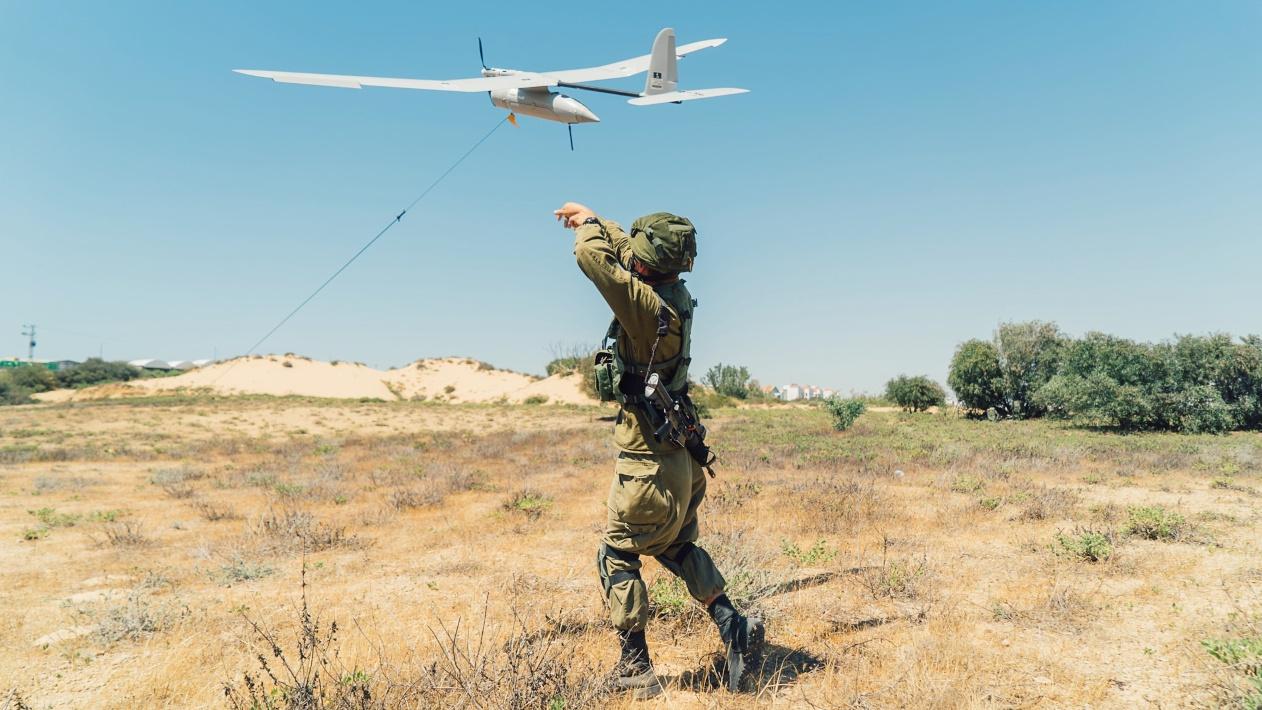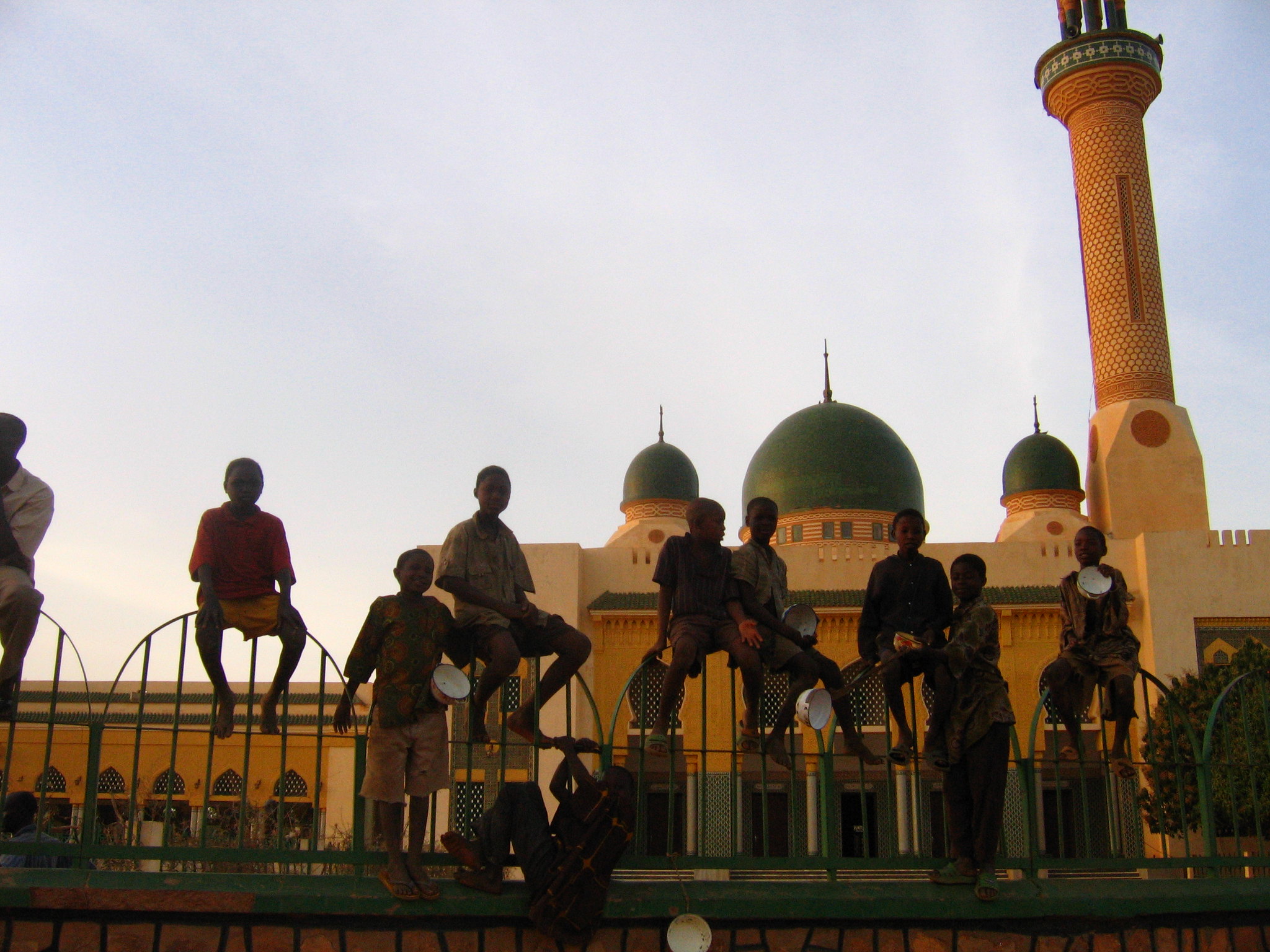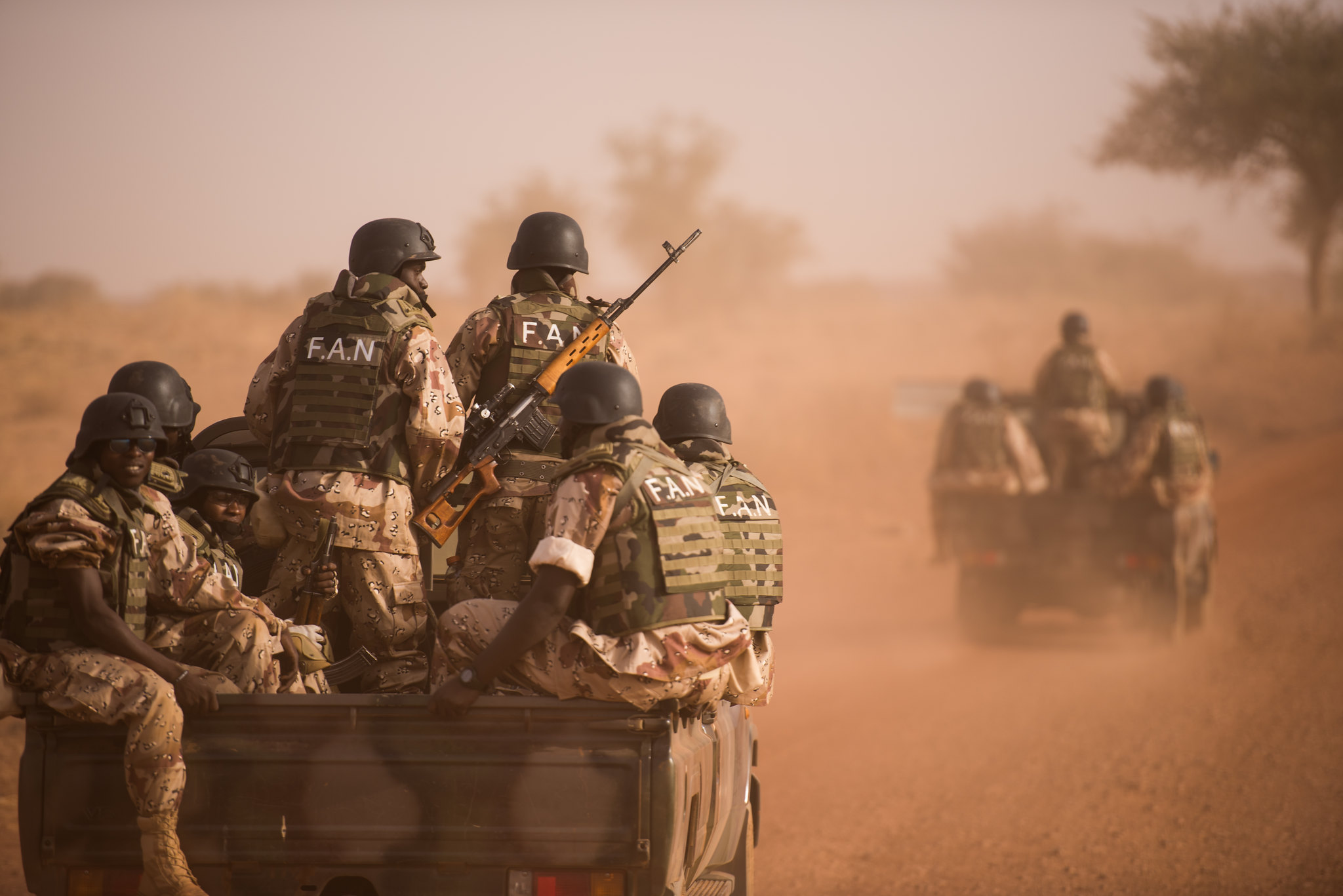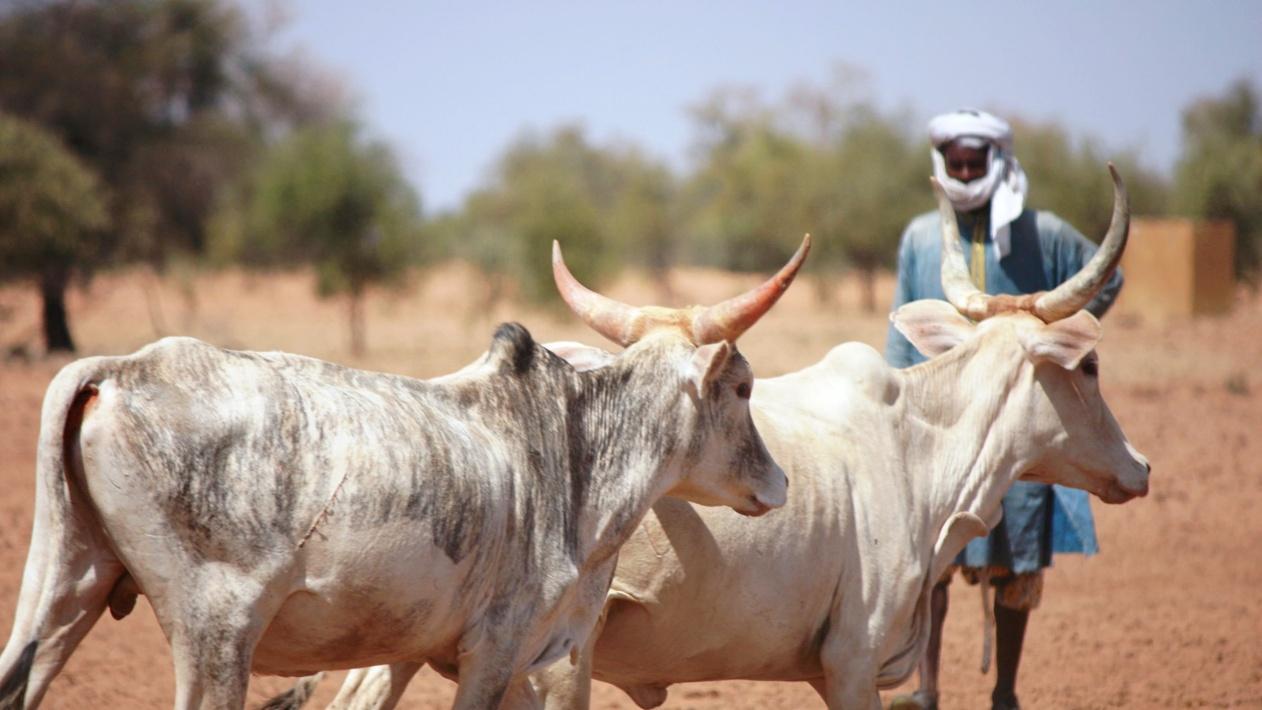The Sahel is one of the most troubled regions in the world and violence against local civilians is being fueled by non-state actors, writes Tope Akinyetun.
The Sahel, a region of Africa that includes Burkina Faso, Chad, Cameroon, Mali, Niger and Nigeria, has grown increasingly violent in recent years. In 2020, 4,660 people were killed in the region. Part of this is down to political instability and the presence of groups such as Boko Haram. But banditry accounted for over 2,600 civilian deaths in 2021 surpassing the numbers killed by more organised violent groups.
Drivers
The World Bank lists, as the indicators of governance, control of corruption, rule of law, political stability and absence of violence. All of which are challenges in the Sahel. Data from Transparency International shows that the Sahelian states are among the most corrupt in the world. Chad ranks 167 out of 180 countries, beaten, marginally, by Nigeria (150), Cameroon (142) and Mali (137).
The World Justice Project’s Rule of Law Index ranks Cameroon 134 among 140 countries with Nigeria 118, Mali 114 and Niger 109. The rankings are an indication of a weak adherence to the rule of law which leads to a lack of order and security.
Bad governance is another fundamental driver of armed conflicts, as individuals who are deprived of the benefits of governance are susceptible to recruitment for violence. Extremist groups take advantage of grievances fueled by marginalisation and exclusion. Poor governance enables societal ills such as militancy, terrorism and banditry to thrive. In Cameroon, the absence of order especially in the North West and South West regions is contributing to insurgency. The conflict between rebel groups and government forces in the Ambazonia region has led to the death of over 6,000 people.
Ungoverned spaces are poorly governed environments that lack state presence as a result of conflict. These areas in the Sahel, often characterised by vast forests, have become hideouts for criminal gangs and are used to promote an illegal economy and criminality. Such secluded and under-governed areas permeate the Sahel and offer refuge for criminal activities like terrorism and banditry. In Nigeria for example, the vast Sambisa, Falgore, and Ajjah forests have been used by Boko Haram insurgents and bandits as bases to coordinate and launch attacks. These areas have also been host to nefarious activities such as illegal mining, arms trading, and kidnaping. Terrorists have also occupied Park W which stretches across Niger, Burkina Faso and Benin. The park, a supposedly protected area of natural forest, has been abandoned by the governments of these countries and has been overrun by bandits, Jihadists and militants who now use it as a base.
The attacks on civilians by extremist groups have caused significant outrage among affected communities, leading to the formation of self-defence militias. This response also has the potential to escalate into communal conflict and increase the threat of violence against civilians. Additionally, weapons proliferation has contributed to the rise of armed groups in the Sahel. This has made it easier for aggrieved groups to access weapons and incite violence.
Climate change affects 80 per cent of the agricultural areas in the Sahel region. This is concerning considering that about 70 per cent of the Sahelian population relies on agriculture and pastoralism for their livelihoods. With temperatures currently at 35 ̊Celsius and expected to reach an average of 38 ̊Celsius by 2050, climate change exacerbates the protracted conflict between herders and farmers, as well as between competing herders, in the region. Climate change also increases the risk of food insecurity, food crisis, and hunger thereby increasing the chances of violence.
Countries in the Sahel have low levels of human development. The multidimensional poverty index of Mali is 0.376, Chad’s is 0.517, Nigeria’s is 0.254, Niger’s is 0.601, and Burkina Faso’s is 0.574. The desire to cope with the daunting challenges of poverty and inequality compels people to seek alternatives in forming or joining armed groups.
Consequences
Violence against civilians in the Sahel has resulted in a humanitarian crisis. Over 24 million people in the region require assistance of some kind. Of these people, 4.9 million are displaced, 870,000 are refugees, and 6.5 million young people and women need gender-related support.
About 19.1 million people are food insecure, which represents a 77 per cent increase compared to 2019, the highest in a decade.
An estimated 848,000 people were displaced in Burkina Faso in 2020 while 2,500 schools and 135 health centres were closed. In Mali, over 220,000 people were displaced while an estimated 1.3 million people are facing starvation, and over 4.3 million people require humanitarian assistance.
In Niger, 441,000 people have fled their homes, with 103,000, 109,000, and 12,000 internally displaced in Diffa, Tillaberi, Tahoua, and Maradi, respectively. Furthermore, 126,000, 55,000, and 36,000 people have become refugees in the same respective regions.
Fragility is an indication of societal challenges including inadequate security, group grievances, poor state legitimacy, and demographic pressure. Protracted violence in the Sahel fuels fragility and increases the susceptibility of the people to further violence and the rupture of social cohesion. Fragility is prevalent in the Sahel. Chad is the 9th most fragile state in 2022 among 179 countries, followed by Mali (14th), Nigeria (16th), Niger (20th), and Burkina Faso (29th).
Solutions
Local government is now being used to tackle violence in the region by focusing on counterterrorism, border security, and community engagement. The initiatives have so far had little success due to institutional failure, corruption and the promotion of a conflict economy by politicians. For local governance to be successful accountability, the rule of law and institutional effectiveness must be prioritised.
Local governance should be adapted to ensure that aggrieved actors participate in the decision-making process. This will promote participation, inclusion and the legitimacy of the state through improved relations between the state and its citizens. This will also provide avenues for conflicts to be resolved amicably before they deteriorate into entrenched violence. Policies targeted at the development of human capital must be incorporated into local governance in the Sahelian states. It is also vitally important that, whatever policies are pursued, local governance must promote transparency and tackle corruption to give themselves the best chance in the fight against terror and violence in the Sahel.
Photo credit: United Nations Chad used with permission CC BY-SA 2.0






This is a very good summary article, but the presented solution presupposes that local governments can take charge where the state cannot or will not. In Mali, major city populations, excluding Bamako, populations are occupied with government opposition forces – either EIGS, JNIM, CMA militia, or criminals – as much as 80% in some cases. Good and effective governance at the local level is a constant negotiation.
That’s my lecturer🤗